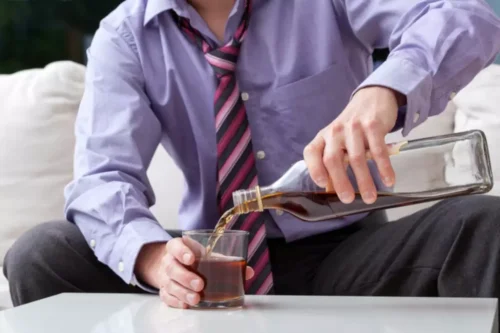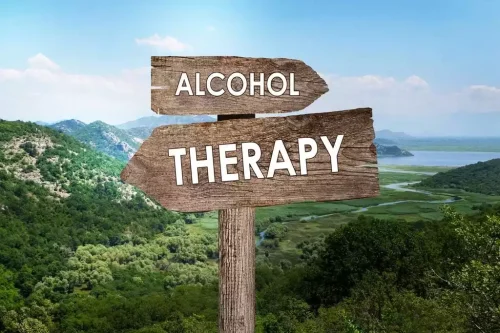
For example, blueberries may help prevent neurodegeneration, and avocados are rich in monounsaturated fats that protect brain cells. A consistent flow of nutrients will keep your brain sharp throughout the day. Here are 5 simple and practical ways to get your brain back on track during recovery.
- When you drink alcohol, it can interfere with the brain’s ability to communicate with the rest of the body.
- Most of my withdrawal symptoms were gone within a week or two, but a handful stuck around for nearly a year.
- A decrease in the benzodiazepine dosage was decided when the Cushman score was lower or equal to 2 for at least 24 h, at a rate of 15–30% of the total dose every 24–48 h.
- Studies show support groups play an instrumental role in helping people develop healthy social networks that result in continued sobriety.
Recovery Support

Making lifestyle changes such as getting enough sleep, eating a balanced diet, and exercising regularly can help reduce the severity of brain fog and speed up recovery time. Alcohol-induced brain fog is a state of confusion, lack of focus and mental obscurity that can occur after drinking alcohol withdrawal brain fog alcohol and during withdrawal. If you want to cut back on your alcohol consumption and boost your brain health, consider trying Reframe. We’re a neuroscience-backed app that has helped millions of people reduce their alcohol consumption and improve their cognitive functioning.
- With repeated heavy drinking, however, tolerance develops and the ability of alcohol to produce pleasure and relieve discomfort decreases.
- To help you maintain sobriety, specialists employ comprehensive long-term strategies.
- If not addressed, alcohol brain fog can lead to more severe cognitive impairments over time.
- They can help you quit drinking in a safe environment and prevent serious symptoms of alcohol withdrawal.
- But whatever your case is, you can benefit from joining support groups where you can feel a sense of belongingness.
- Not all people progress through all of the stages of alcohol withdrawal.
From 24 to 72 Hours

A healthcare provider may request daily visits during which they will likely run blood tests and monitor vital signs until symptoms stabilize. It’s typical for withdrawal symptoms to begin within hours to a day or two after you have your last drink. Symptoms are often at their worst around 24 to 72 hours after you stop drinking. Brain fog feels like being slowed down unwillingly or being unable to clear your mind even though you really want to.
Behavioral Treatment
- Symptoms are often at their worst around 24 to 72 hours after you stop drinking.
- If possible, be consistent with the time you go to bed and what time you get up in the morning.
- People at high risk of complications should enter a short-term in-patient detox program.
Once you take away the chemical reactions that alcohol causes, your brain has to refigure out how to work normally again. Brain fog during the initial stages of withdrawal is often just your brain trying to figure out how it used to function before it was flooded with alcohol on a regular basis. Brain fog recovery time can be impacted by the severity of alcohol abuse, mental health issues, and lifestyle habits. Taking proper steps to treat these issues can help minimize its duration. In fact, many people with alcohol use disorder (AUD) who go through the detoxification process experience prolonged brain fog.
Signs and Symptoms

For patients whom benzodiazepines were prescribed, we also recorded the number of days and the total amount of benzodiazepines received during alcohol withdrawal. Alcohol-related variables and withdrawal history are summarized in Table 1. You may have tried to quit drinking alcohol and discovered that the symptoms you experienced were more severe than you anticipated. Maybe you decided to go back to drinking just to relieve those symptoms. Unstable vital signs increase the risk of complications and can be managed with medications. People who experience severe withdrawal symptoms or DTs may require hospitalization or intensive care unit (ICU) treatment during alcohol.
Getting enough sleep
Not all people progress through all of the stages of alcohol withdrawal. Brain fog is that fuzzy, forgetful feeling that can happen for various reasons. Knowing the cause of your symptoms can help determine if you need specific treatment or lifestyle and medication adjustments to help with brain fog.

Recent Comments